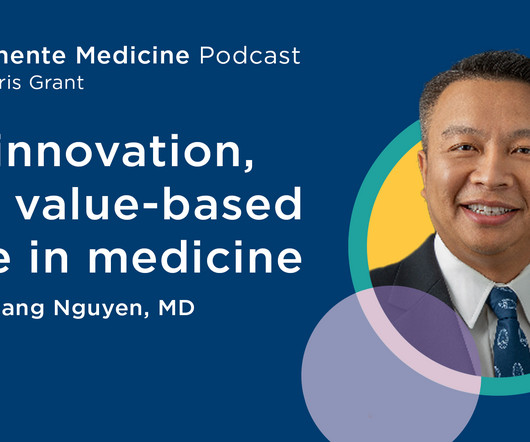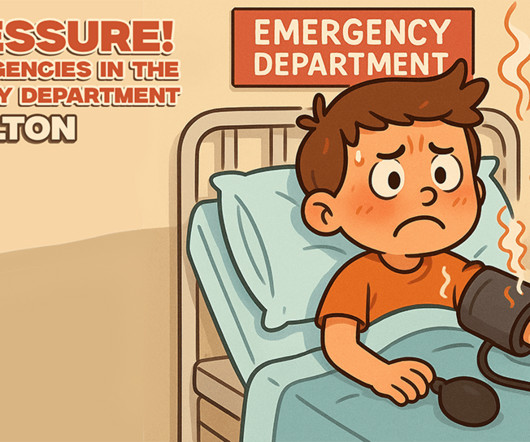Podcast: AI, innovation, and value-based care in medicine
Permanente Medicine
MAY 20, 2025
Khang Nguyen, MD, chief transformation officer of the Southern California Permanente Medical Group, discusses how AI can increase clinicians’ joy in medicine and improve patient outcomes with Chris Grant, chief operating offer and executive vice president of Kaiser Permanente, The Permanente Federation, and host of the Permanente Medicine Podcast.













Let's personalize your content